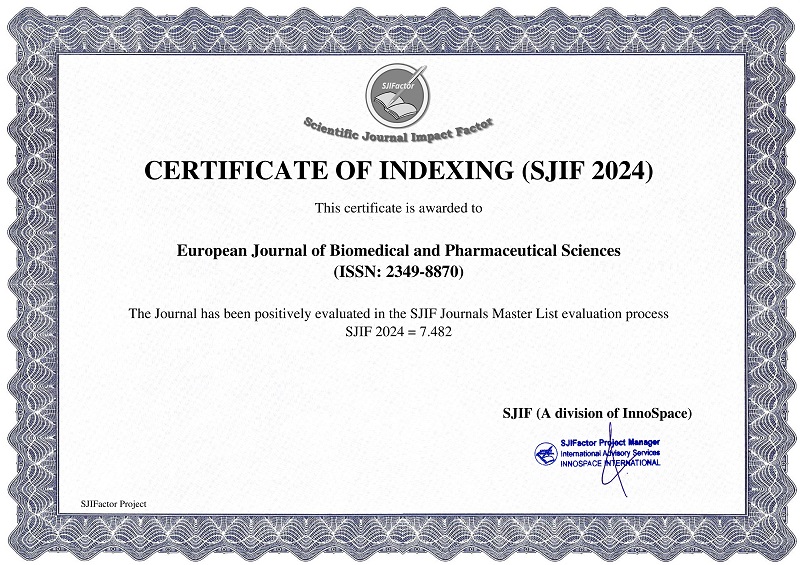DEEP SEDATION IS ASSOCIATED WITH INCREASED ADENOMA DETECTION RATE IN SCREENING COLONOSCOPIES: A SYSTEMATIC REVIEW AND META-ANALYSIS
Mohammad Alomari, Laith Al Momani, Hunter Bratton, Muhammad Talal Sarmini, Prashanthi N. Thota, Mark F. Young, Madhusudhan R. Sanaka*
ABSTRACT
Background and aims: The cornerstone of colon cancer prevention is high-quality examination of the entire colonic mucosa performed with sedation. Deep sedation (DS) has been correlated to greater patient satisfaction, shorter procedures, and faster recoveries. However, disagreement exists on whether DS correlates to an increase in adenoma detection rate (ADR), a surrogate marker of colonic visualization. The aim of this meta-analysis was to evaluate the previously published research on the association between DS versus moderate sedation (MS) and ADR in colon cancer screening colonoscopies. Methods: We performed a comprehensive literature search in PubMed, PubMed Central, Embase, and ScienceDirect databases from inception through May 2019, to identify all studies that evaluated the association between DS with propofol versus MS and the ADR. We included studies that presented an odds ratio (OR) with a 95% confidence interval (CI) or presented the data sufficient to calculate the OR with a 95% CI. Statistical analysis was performed using the Comprehensive Meta-Analysis (CMA), Version 3 software. Results: Five studies with a total of 112,008 patients undergoing screening colonoscopies were included in this study, 6,476 of which received DS with propofol (5.8%). The pooled OR for ADR is 1.137 (95% CI: 1.019 – 1.269, P<0.05, I2 = 17%) in patients who underwent DS with propofol compared to MS. No publication bias was found using Egger’s regression test. Conclusions: Our results indicate that patients receiving DS with propofol are 14 percent more likely to have an adenoma detected during a screening colonoscopy than those who receive MS. To our knowledge, this study represents the largest meta-analysis to assess this association. Future prospective randomized research is needed to confirm this association and suggest changes in the standard practices of sedation during screening colonoscopies.
Keywords: Sedation, propofol, adenoma, cancer, colonoscopy.
[Full Text Article]
[Download Certificate]


 Impact Factor : 8.181
Impact Factor : 8.181 






